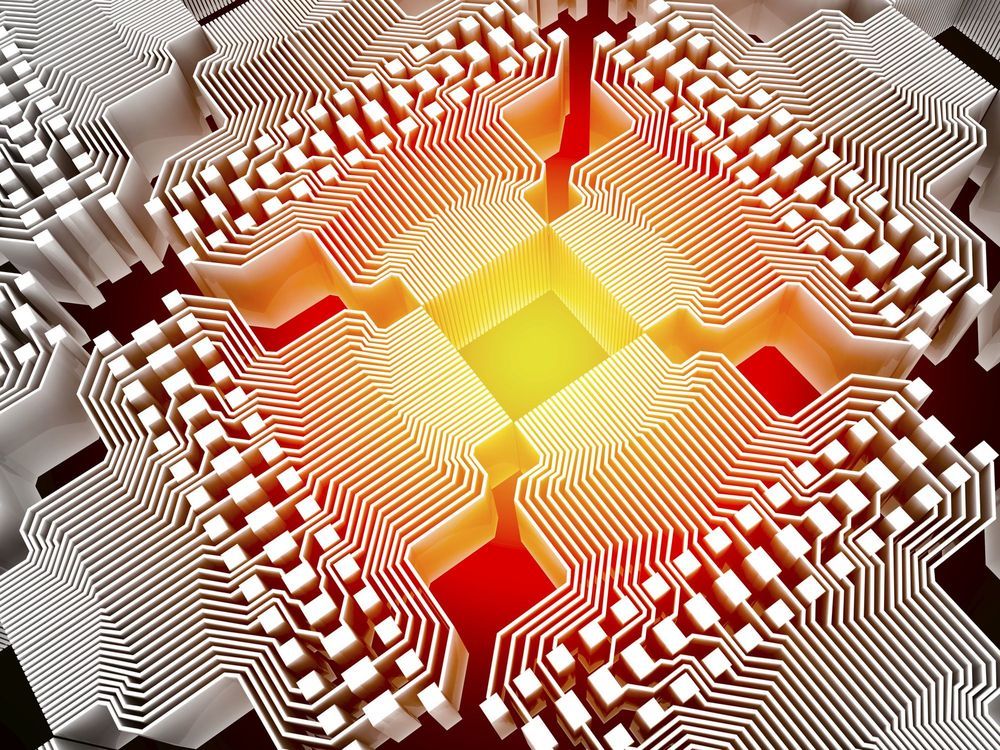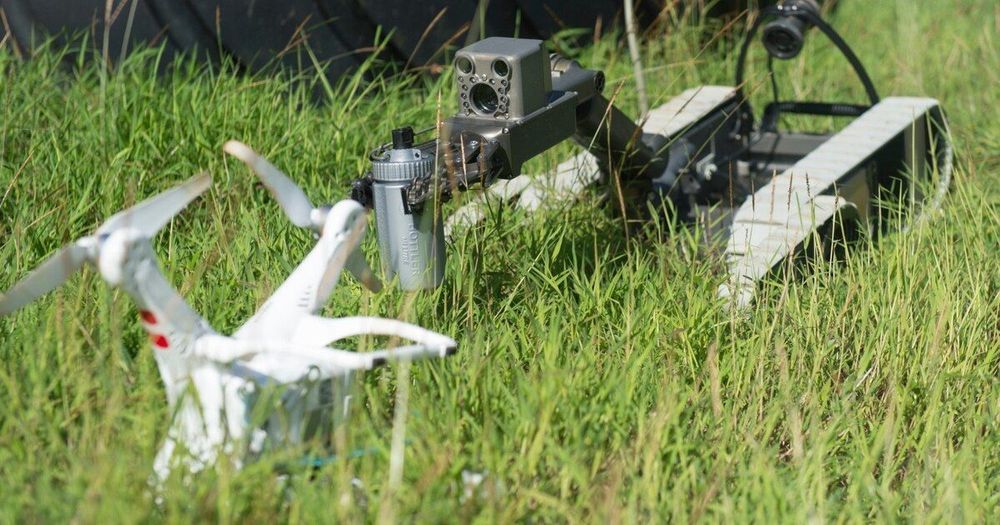As hardware makers continue to work on ways of making wide-scale quantum computing a reality, a startup out of Australia that is building software to help reduce noise and errors on quantum computing machines has raised a round of funding to fuel its U.S. expansion.
Q-CTRL is designing firmware for computers and other machines (such as quantum sensors) that perform quantum calculations, firmware to identify the potential for errors to make the machines more resistant and able to stay working for longer (the Q in its name is a reference to qubits, the basic building block of quantum computing).
The startup is today announcing that it has raised $15 million, money that it plans to use to double its team (currently numbering 25) and set up shop on the West Coast, specifically Los Angeles.








